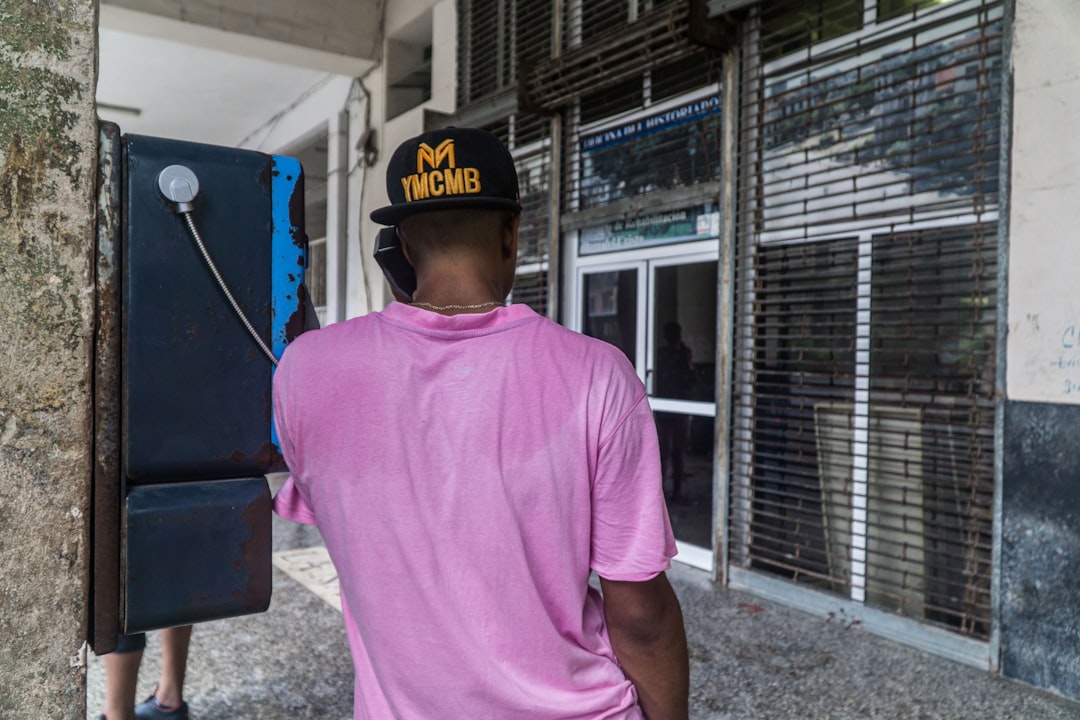South Carolinians facing a deluge of spam calls have legal options through federal and state regulations. Spam call lawyers specialize in blocking unwanted calls, seeking damages, and ensuring compliance with consumer protection laws. Residents should be cautious, use blocking apps, register on the Do Not Call list, and consult these specialists for guidance and legal action against offenders.
Tired of unwanted spam calls? Living in South Carolina doesn’t mean you have to endure them. This comprehensive guide equips you with the knowledge to understand and navigate the legal framework surrounding spam calls in the state. Learn effective strategies to block and avoid these relentless intrusions, and discover when to consult a spam call lawyer or spam call attorney in South Carolina to protect your rights. Take back control of your phone today!
Master tips on handling spam calls, explore legal options with a spam call law firm in SC, and understand your rights as a South Carolinian.
Understanding Spam Calls and Their Legal Framework in South Carolina
Spam calls are a pervasive and nuisance issue, but understanding their legal framework in South Carolina can empower residents to take action. While there’s no specific state law exclusively targeting spam calls, federal regulations like the Telephone Consumer Protection Act (TCPA) offer protections for South Carolinians. This legislation restricts automated or prerecorded calls made to personal phones without prior explicit consent.
In South Carolina, a spam call lawyer or attorney specializing in these matters can guide individuals on how to navigate these legal protections and take necessary steps if their rights are violated. A reputable spam call law firm in South Carolina will have expertise in helping clients block unwanted calls, obtain damages, and ensure compliance with the state’s consumer protection laws.
Effective Strategies to Block and Avoid Spam Calls
In today’s digital era, navigating the flood of spam calls can feel like a relentless challenge. Fortunately, South Carolina residents have access to effective strategies to protect themselves from unwanted phone marketing. One of the first lines of defense is using robust call-blocking apps that identify and filter out known spammer numbers. These apps learn and adapt, becoming more accurate over time in recognizing legitimate versus fraudulent calls.
Additionally, registering on Do Not Call lists maintained by both state and federal agencies can significantly curb spam calls. South Carolina residents should also be cautious about sharing personal information online or over the phone. If you suspect a call is spam, hang up immediately and don’t engage. Instead, report the number to relevant authorities and consider consulting with a spam call attorney in South Carolina for guidance on legal options available to hold spammers accountable. Reputable law firms specializing in spam calls can provide expertise and advocate for your rights.
The Role of a Spam Call Lawyer in South Carolina
In South Carolina, as in many places across the country, spam calls can be a significant nuisance and even a legal concern. A spam call lawyer in South Carolina specializes in dealing with unwanted telemarketing calls, which are often illegal under state and federal laws. These attorneys help protect consumers’ rights by investigating and taking action against companies engaging in abusive or deceptive practices.
If you’ve been receiving an excessive number of spam calls, a spam call attorney South Carolina can offer guidance on the legal options available to you. They may suggest blocking the calls, filing a complaint with regulatory bodies, or pursuing legal action against the culprits. A spam call law firm in South Carolina often possesses the resources and expertise to navigate complex legal issues surrounding telemarketing regulations, ensuring that residents’ privacy is respected and their rights are upheld.
Resources and Rights: What Every South Carolinian Should Know
In South Carolina, residents have certain rights and resources available to combat spam calls. According to the Telemarketing and Consumer Fraud and Abuse Prevention Act (TCFAPA), businesses are prohibited from making automated or prerecorded phone calls to consumers without their prior express consent. This means that if you haven’t given explicit permission for a company to contact you via these methods, such calls are illegal.
If you’re experiencing an overwhelming number of spam calls, there are steps you can take. Consider registering your number on the National Do Not Call Registry. Additionally, many states have specific laws and protections against spam calls. A lawyer specializing in spam call cases in South Carolina can advise you on your rights, help navigate legal options, and represent you if necessary to ensure that your rights as a consumer are upheld. Reputable law firms focused on these issues offer their expertise to assist residents in managing unwanted calls effectively.






